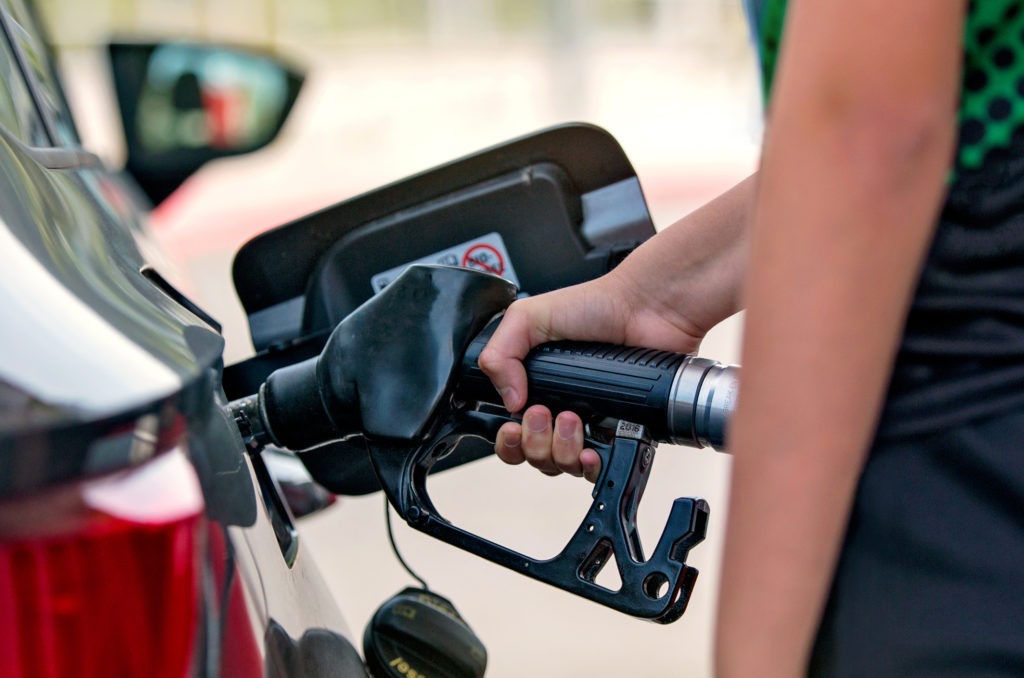Diesel sale decline could hit used car supplies
17 January 2019

17 January 2019
New diesel vehicle sales are slowing so dramatically that there could be shortages of them on the used car market in the near future, according to the Vehicle Remarketing Association (VRA).
During 2018, sales of diesel vehicles dropped by 29.6% according to figures released by the Society of Motor Manufacturers and Traders (SMMT). A fall of 26.3% in December was the 21st consecutive month of decline for the fuel, which was, until three years ago, the most popular choice for new vehicle sales.
The VRA says that while new diesel demand has plummeted, demand for used diesels has stayed relatively firm. SMMT figures for Q3 2018 show that diesel sales only dropped by 2.6%.
Philip Nothard, deputy chair at the VRA, pointed out that in the two years since Dieselgate, which was followed by the impact of WLTP, half a million fewer diesel vehicles have entered the used car market.
He said: ′We are in an overall situation where the number of new cars entering the market is falling quite quickly while the used sector remains relatively buoyant and this is creating an overall shortfall of vehicles.
′However, this situation is even more acute when it comes to diesels. The speed of decline in diesel has been much more rapid than the overall market but, generally speaking, demand for used diesels has not really fallen very much at all.’
The factors that affect new and used diesel car buyers are different, however. ′In the company car sector, which accounts for around half of the new market, there has been a move away from diesel at a corporate level while,’ Nothard explains. ′For private buyers, there have been factors such as rising VED rates.
′However, used car buyers tend to take a much more practical view. They have bought diesels over many years because they are tough, economical and practical – and these factors haven’t changed. If we reach a situation where petrol and hybrid derivatives of a model are all that is available in the used market, then used car customers will ultimately buy them, of course, but where a choice exists, many continue to have a preference for diesel.’
Nothard also believes it is possible that a situation could develop in the medium term where diesel derivatives of some types of car carry a price premium in the used market. For example, SUVs favour diesel due to their running costs, as cars are bigger and often heavier, meaning a petrol engine has more work to do and is, therefore, less efficient.
The popularity of diesel in the used market highlights that for some, the main obstacle to buying the fuel is the tax options. Vehicle Excise Duty (VED) changes in early 2017 saw higher tax rates introduced for diesel engines, while last year, a new rule was introduced placing the heaviest polluting vehicles in a tax band above their regular yearly one for the first 12 months of registration.